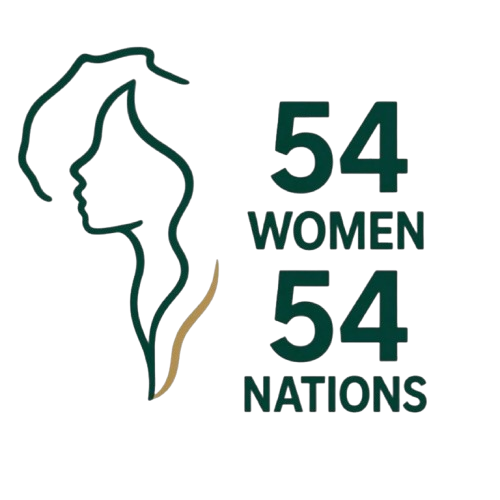East African Countries
The women of East Africa, spanning countries like Kenya, Tanzania, Uganda, Rwanda, Burundi, South Sudan, Somalia, and the DRC, embody resilience, strength, and diversity. They navigate dynamic roles in vibrant societies, from rural farmers to urban entrepreneurs, contributing significantly to economic and social progress. Many are smallholder farmers, managing crops like maize and coffee, while others lead in tech hubs, such as Nairobi’s Silicon Savannah, driving innovation in fintech and startups. Their cultural richness shines through traditional practices, like Maasai beadwork or Swahili storytelling, yet they embrace modernity, balancing family and career with grace. Despite challenges like gender disparities in education and access to resources, East African women are breaking barriers, with figures like Rwanda’s female parliamentarians leading globally in political representation. Their entrepreneurial spirit, community leadership, and advocacy for sustainable development fuel progress, making them pivotal to the region’s growth and cultural identity in 2025.
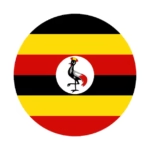
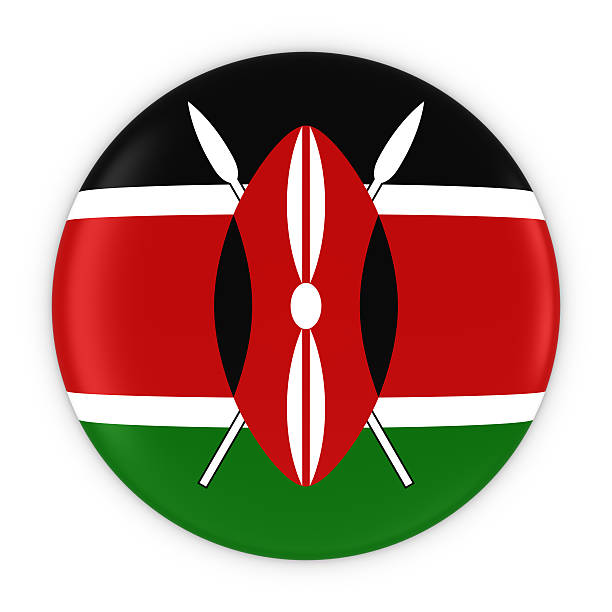

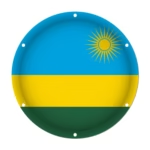

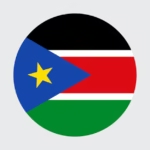


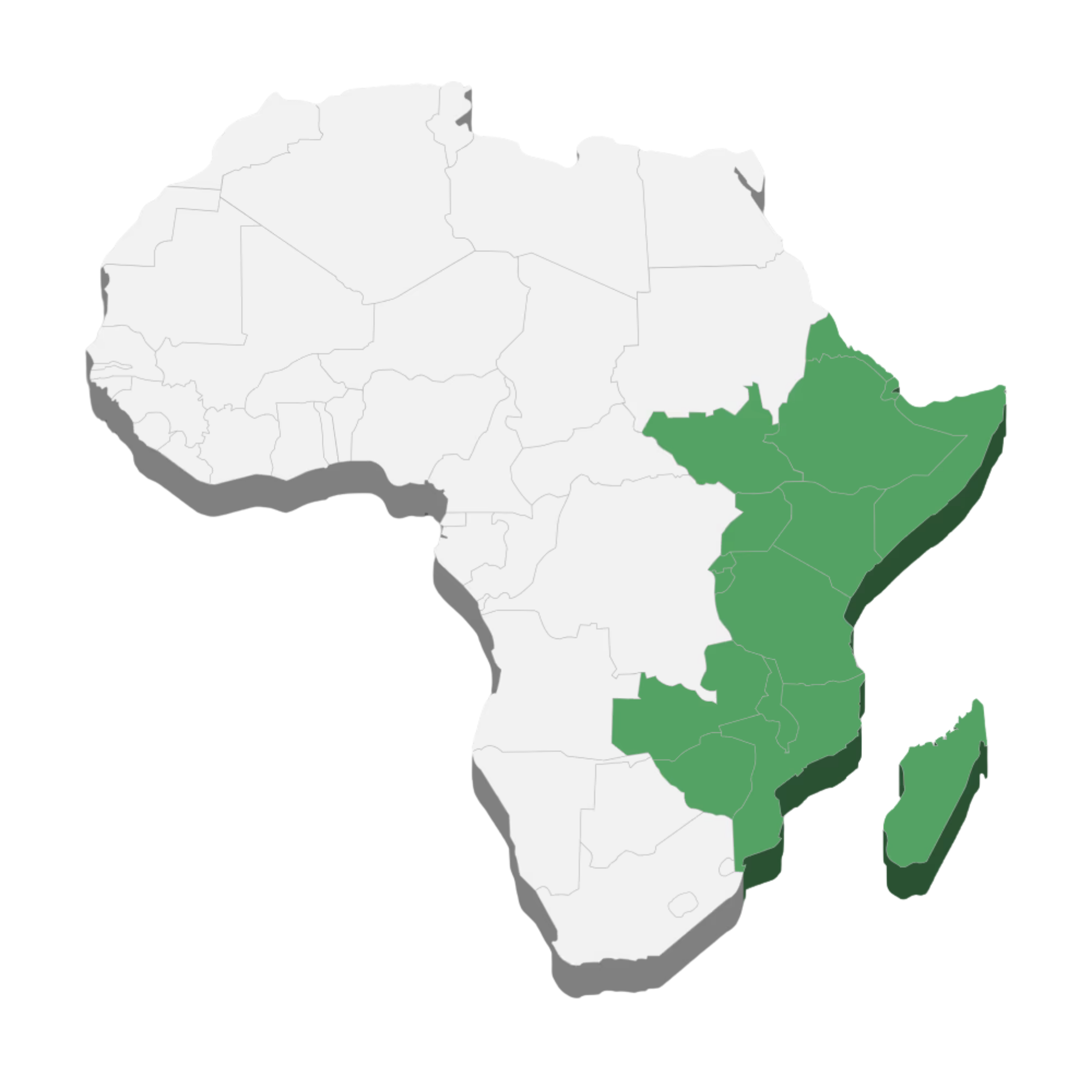
East African Countries
Kenya, Tanzania, Uganda, Rwanda, Burundi, South Sudan, Somalia, and the Democratic Republic of Congo
Let us share the Uniqueness of Women from these East African Countries
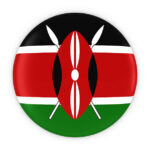
Kenyan women have woven a tapestry of resilience and defiance through history, from pre-colonial matriarchs guarding communal lands to Mau Mau freedom fighters challenging British rule in the 1950s. Their exploits echo in the 1922 Mothers' Union uprising against colonial taxation, a bold stand for economic justice. Accomplishments abound: Wangari Maathai's 2004 Nobel Peace Prize for environmental activism planted 51 million trees via the Green Belt Movement, Martha Koome's 2021 appointment as Kenya's first female Chief Justice, and Charity Ngilu's trailblazing 1997 presidential candidacy. In 2024, Dorcas became the first female Attorney General. Marathon icons like Catherine Ndereba embody unyielding endurance, securing Olympic silvers. Today, they symbolize innovation, from Silicon Savannah entrepreneurs to global leaders, fueling Kenya's progress with unapologetic strength.
 Tanzanian women have shaped history through resilient roles in patriarchal societies, from pre-colonial household and agricultural duties to post-independence activism. Their exploits include Rebeca Gyumi's 2016 legal victory raising girls' marriage age to 18, combating child marriage. Accomplishments abound: Samia Suluhu Hassan became Tanzania's first female president in 2021, reforming COVID policies and media freedoms; Gertrude Mongella led the 1995 UN Women's Conference; Dr. Tulia Ackson is IPU President; Ruth Zaipuna heads NMB Bank; Captain Neema Swai pilots with 8,700 hours. They embody empowerment, from grassroots strength to global leadership, inspiring equality in politics, business, and culture.
Tanzanian women have shaped history through resilient roles in patriarchal societies, from pre-colonial household and agricultural duties to post-independence activism. Their exploits include Rebeca Gyumi's 2016 legal victory raising girls' marriage age to 18, combating child marriage. Accomplishments abound: Samia Suluhu Hassan became Tanzania's first female president in 2021, reforming COVID policies and media freedoms; Gertrude Mongella led the 1995 UN Women's Conference; Dr. Tulia Ackson is IPU President; Ruth Zaipuna heads NMB Bank; Captain Neema Swai pilots with 8,700 hours. They embody empowerment, from grassroots strength to global leadership, inspiring equality in politics, business, and culture.
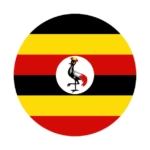
Ugandan women have forged paths through colonial shadows and post-independence strife, from Buganda kingdom matriarchs to NRA freedom fighters in the 1981-86 Bush War, where figures like Dora Kuteesa battled for liberation. Their exploits include the 1960 Conference sparking organized activism against patriarchal laws. Accomplishments shine: Sarah Nyendwoha Ntiro, East Africa's first female graduate (1954); Specioza Wandira Kazibwe, Africa's first woman VP (1994); Rebecca Kadaga, longest-serving Speaker (2006-2022); Winnie Byanyima, UNAIDS Executive Director advancing women's health. Today, they embody unyielding resilience, from climate activist Vanessa Nakate to peace negotiator Betty Bigombe, driving equality, innovation, and national progress.
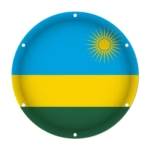 Rwandan women have transformed a nation scarred by the 1994 genocide, rising from traditional roles to architects of reconciliation and progress. Their exploits include grassroots peacebuilding, with women like Godeliève Mukasarasi founding SEVOTA to support survivors. Accomplishments are monumental: Rwanda leads globally with 61% female parliamentarians (2025), driven by constitutional quotas. Pauline Nyiramasuhuko, though controversial, was a high-ranking female minister pre-genocide. Entrepreneurs like Beatrice Gakuba export flowers globally, while athletes like Salima Mukansanga, FIFA’s first female referee from Rwanda, break barriers. They embody resilience, leading in politics, business, and sports, redefining Rwanda as a beacon of gender equality and healing.
Rwandan women have transformed a nation scarred by the 1994 genocide, rising from traditional roles to architects of reconciliation and progress. Their exploits include grassroots peacebuilding, with women like Godeliève Mukasarasi founding SEVOTA to support survivors. Accomplishments are monumental: Rwanda leads globally with 61% female parliamentarians (2025), driven by constitutional quotas. Pauline Nyiramasuhuko, though controversial, was a high-ranking female minister pre-genocide. Entrepreneurs like Beatrice Gakuba export flowers globally, while athletes like Salima Mukansanga, FIFA’s first female referee from Rwanda, break barriers. They embody resilience, leading in politics, business, and sports, redefining Rwanda as a beacon of gender equality and healing.
 Burundian women have endured ethnic conflicts and the 1993-2005 civil war, evolving from traditional domestic roles to vital peace architects. Their exploits include Sylvie Kinigi's 1993 acting presidency as Africa's first female head of state, stabilizing amid assassination chaos, and coalitions in 1996-2014 peace talks securing 30% gender quotas through advocacy and mediation. Accomplishments shine: Dr. Marguerite Barankitse founded Maison Shalom, sheltering 2,000+ orphans with psychosocial care, earning global awards; Princess Esther Kamatari's foundation empowers girls via education and health; Therese Niyongabo advances political inclusion. They embody resilience, reconciliation, and unyielding hope, driving Burundi's healing
Burundian women have endured ethnic conflicts and the 1993-2005 civil war, evolving from traditional domestic roles to vital peace architects. Their exploits include Sylvie Kinigi's 1993 acting presidency as Africa's first female head of state, stabilizing amid assassination chaos, and coalitions in 1996-2014 peace talks securing 30% gender quotas through advocacy and mediation. Accomplishments shine: Dr. Marguerite Barankitse founded Maison Shalom, sheltering 2,000+ orphans with psychosocial care, earning global awards; Princess Esther Kamatari's foundation empowers girls via education and health; Therese Niyongabo advances political inclusion. They embody resilience, reconciliation, and unyielding hope, driving Burundi's healing
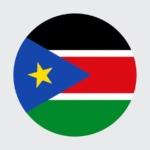 South Sudanese women have endured colonial subjugation and twin civil wars (1955-2005), emerging as pillars of the 2011 independence struggle through SPLM ranks and grassroots mobilization. Their exploits include fierce participation in peace talks, like the 2015 ARCSS, where leaders advocated for gender quotas amid gunfire. Accomplishments dazzle: Rebecca Nyandeng de Mabior, first female VP and peace envoy; Rita Martin, co-founding EVE for women's education; HRH Chief Anak Mathiang Luac, Africa's pioneering female Paramount Chief in the 1920s. Today, with 35% parliamentary seats, they embody unyielding resilience, training mediators and shattering barriers in a war-torn nation, fueling hope for equality.
South Sudanese women have endured colonial subjugation and twin civil wars (1955-2005), emerging as pillars of the 2011 independence struggle through SPLM ranks and grassroots mobilization. Their exploits include fierce participation in peace talks, like the 2015 ARCSS, where leaders advocated for gender quotas amid gunfire. Accomplishments dazzle: Rebecca Nyandeng de Mabior, first female VP and peace envoy; Rita Martin, co-founding EVE for women's education; HRH Chief Anak Mathiang Luac, Africa's pioneering female Paramount Chief in the 1920s. Today, with 35% parliamentary seats, they embody unyielding resilience, training mediators and shattering barriers in a war-torn nation, fueling hope for equality.
 Somali women have transcended patriarchal norms and colonial oppression, from pre-independence economic pillars to post-1960 suffrage and 1975 Family Law equality, boosting enrollment and political roles. Their exploits include Hawo Tako's 1948 anti-colonial defiance, executed by Italians, and civil war peace mediation through the Women's Coalition for Peace. Accomplishments dazzle: Ayaan Hirsi Ali's global crusade against FGM and forced marriage via books and politics; Fatima Jibrell's environmental wins, co-founding Horn Relief and earning the Goldman Prize; Dr. Hawa Abdi's Mogadishu hospital sheltering 90,000 amid famine; Fawzia Yusuf Adam as Deputy PM. They embody unyielding resilience, fueling reform and hope in turmoil.
Somali women have transcended patriarchal norms and colonial oppression, from pre-independence economic pillars to post-1960 suffrage and 1975 Family Law equality, boosting enrollment and political roles. Their exploits include Hawo Tako's 1948 anti-colonial defiance, executed by Italians, and civil war peace mediation through the Women's Coalition for Peace. Accomplishments dazzle: Ayaan Hirsi Ali's global crusade against FGM and forced marriage via books and politics; Fatima Jibrell's environmental wins, co-founding Horn Relief and earning the Goldman Prize; Dr. Hawa Abdi's Mogadishu hospital sheltering 90,000 amid famine; Fawzia Yusuf Adam as Deputy PM. They embody unyielding resilience, fueling reform and hope in turmoil.
 Congolese women of the Democratic Republic of the Congo (DRC) have navigated a turbulent history marked by pre-colonial matriarchal influences, Belgian colonial exploitation—where urban women were taxed as presumed prostitutes—and post-1960 independence struggles amid civil wars. Their exploits include Andrée Blouin's 1960 anti-colonial mobilization, smuggling key documents for nationalists, and Julienne Mbengi's founding of FABAKO in 1958 to empower Bakongo women in the independence fight. Accomplishments shine: Julienne Lusenge's coalition aiding sexual violence survivors, Annie Matundu Mbambi's journalism advocating press freedom, and Chouchou Namegabe's radio exposing war atrocities. They embody unyielding resilience, fostering peace, economic agency, and gender equity in a conflict-ravaged nation.
Congolese women of the Democratic Republic of the Congo (DRC) have navigated a turbulent history marked by pre-colonial matriarchal influences, Belgian colonial exploitation—where urban women were taxed as presumed prostitutes—and post-1960 independence struggles amid civil wars. Their exploits include Andrée Blouin's 1960 anti-colonial mobilization, smuggling key documents for nationalists, and Julienne Mbengi's founding of FABAKO in 1958 to empower Bakongo women in the independence fight. Accomplishments shine: Julienne Lusenge's coalition aiding sexual violence survivors, Annie Matundu Mbambi's journalism advocating press freedom, and Chouchou Namegabe's radio exposing war atrocities. They embody unyielding resilience, fostering peace, economic agency, and gender equity in a conflict-ravaged nation.
Fun Facts about East Africa
The women of East Africa, spanning countries like Kenya, Tanzania, Uganda, Rwanda, Burundi, South Sudan, Somalia, and the DRC, embody resilience, strength, and diversity.
People
East African Women
Women Owned Businesses
Women Community Projects
How We Deliver on Africa’s Vision
| AU Aspiration | What It Means | How We Deliver It |
|---|---|---|
| Aspiration 1: A prosperous Africa | Inclusive, sustainable economic growth | We provide support, training, and mentorship for teams to enable them to launch concrete projects, from maternal health initiatives and digital finance training to climate action and small business development. |
| Aspiration 3: Good governance and people-driven development | Women and citizens shaping decisions at every level | We back our leaders to lead national teams, build community coalitions, and push for governance that reflects local realities and works to enhance sustainable growth. |
| Aspiration 5: Strong cultural identity, common heritage, and shared values | African heritage valued at home and respected abroad | We amplify both our leaders and their team’s work through media, connect local impact to global networks, and help reshape Africa’s image on the world stage, on African terms. |
If you Believe it, you can Achieve it

